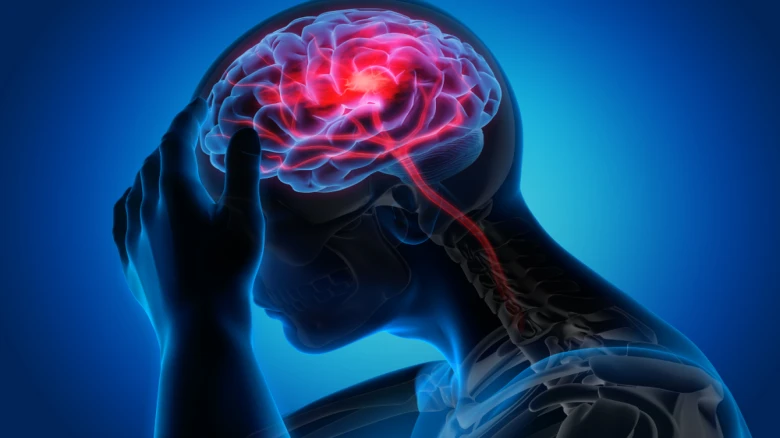Now, scientists have disclosed that since the start of Delhi's cold wave and harsh winter chill, the city and its surrounding areas have seen an increase in serious health problems like heart attacks, high blood pressure, and brain strokes.
Digital Desk: Despite the brief break from the cold wave conditions in the national capital, the residents of Delhi have been warned about the temperature dip in the upcoming week. The minimum temperature in Delhi is forecast to drop to 3 to 5 degrees Celsius.
The minimum temperature in Delhi dropped to as low as 1.9 degrees Celsius, making it the third coldest wave to hit the city in the past 23 years. The national capital was also covered in a thick layer of fog.
Now, scientists have disclosed that since the start of Delhi's cold wave and harsh winter chill, the city and its surrounding areas have seen an increase in serious health problems like heart attacks, high blood pressure, and brain strokes.
"We are getting about 10-15% more patients of heart attacks, brain strokes, and high blood pressure especially during the early hours because of the cold waves for 12 days, and the most affected age group is between 50-70 yr old," claims Dr. Suresh Kumar, Medical Director of Lok Nayak Jai Prakash (LNJP) Hospital.
Here is everything you need to know about brain strokes and how to keep yourself safe as the temperature in Delhi is going to drop again.
How can brain strokes occur? Identify early symptoms
Your brain suffers damage as a result of inadequate blood supply, which can result in a stroke. This occurs frequently in the winter months because the intense cold can change your blood pressure, which can then result in decreased blood supply to the brain.
Numbness in the limbs or face, difficulty speaking or moving, abrupt disorientation, stiff muscles, and sudden paralysis on one side of the body are some of the early warning signs and symptoms of a brain stroke. Along with slurred speech, you may also experience double or impaired eyesight.
How can you protect yourself from brain stroke?
There are a number of ways you can guard against a potential brain stroke this winter. Doctors advise you to dress in layers when you go outside and to attempt to spend as much time as you can indoors. You must follow a balanced diet to maintain normal blood pressure and restrict your alcohol intake.
This winter, it is advised to consistently engage in physical activity and keep a healthy weight. Additionally, monitor your blood pressure and cholesterol levels.

Leave A Comment